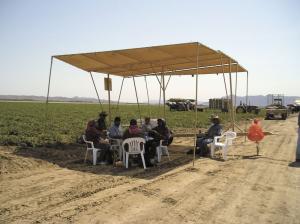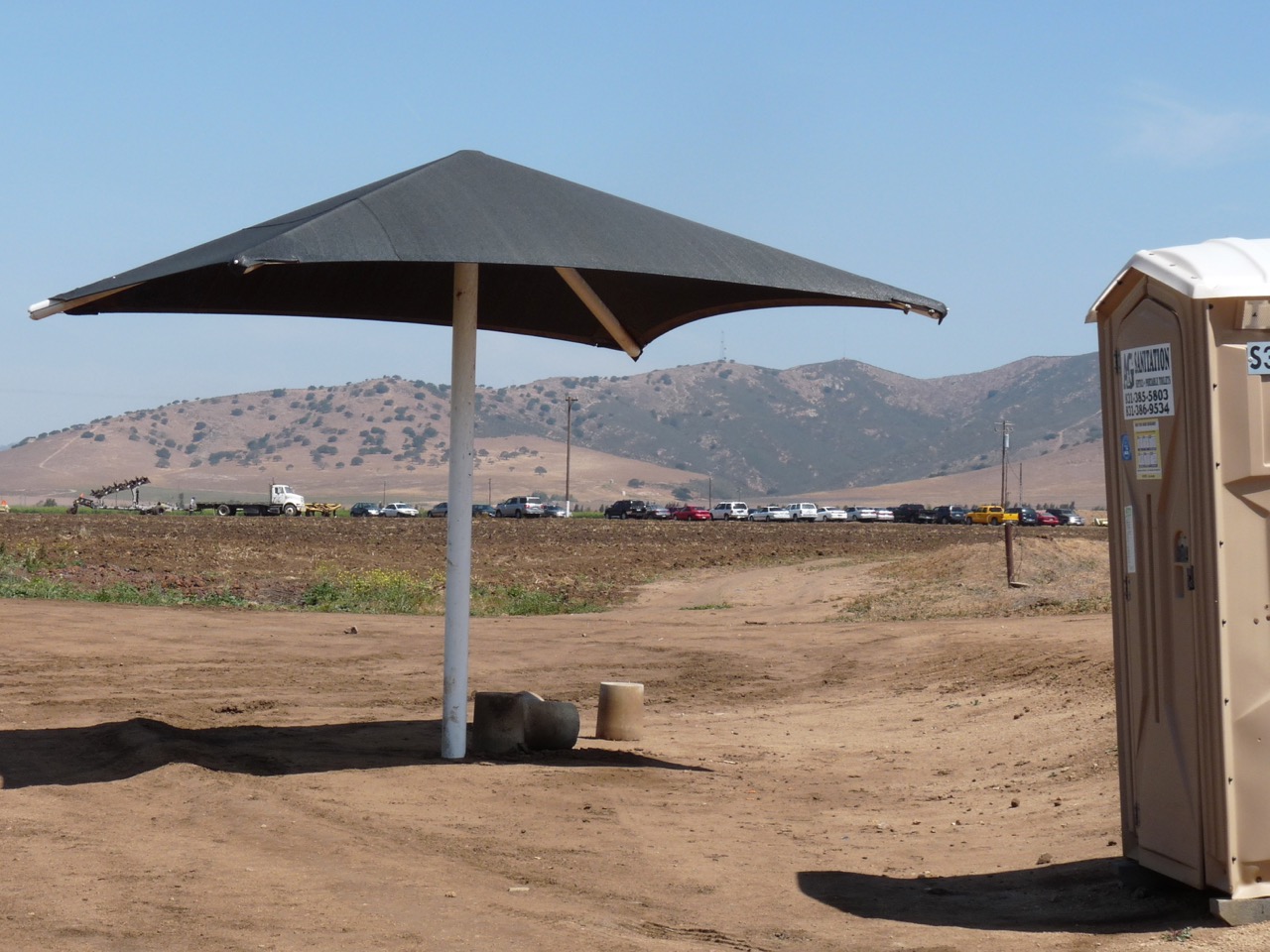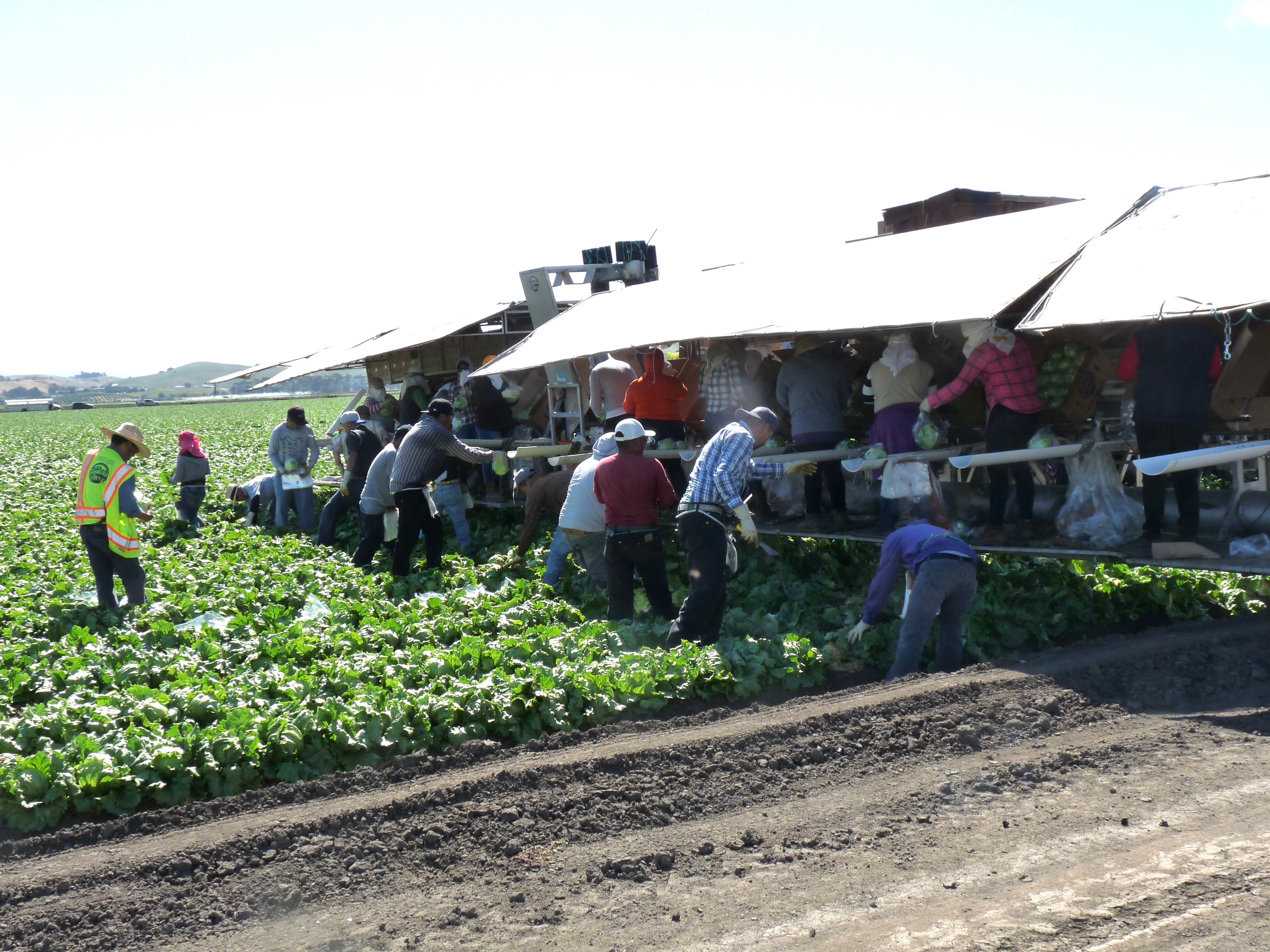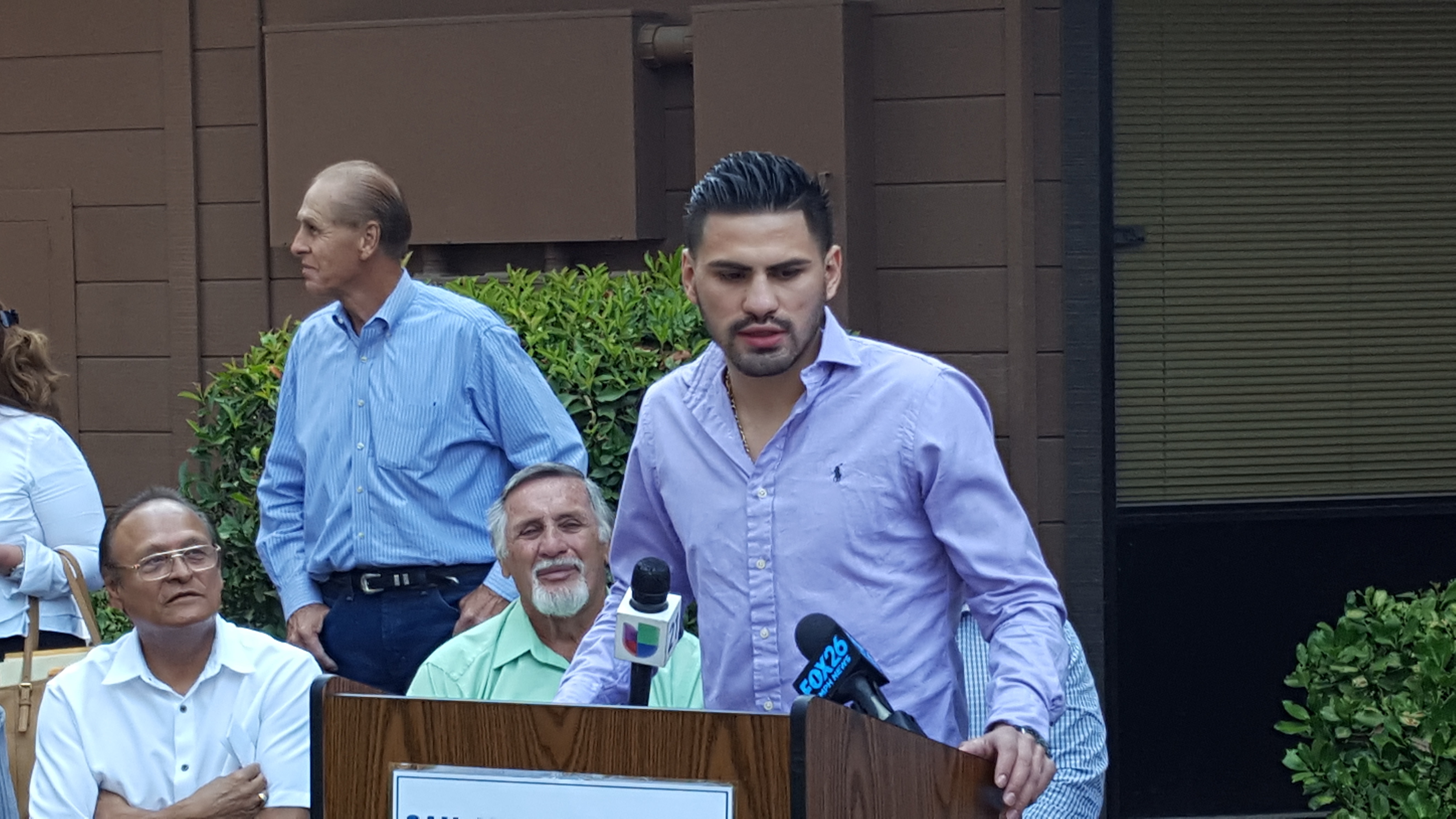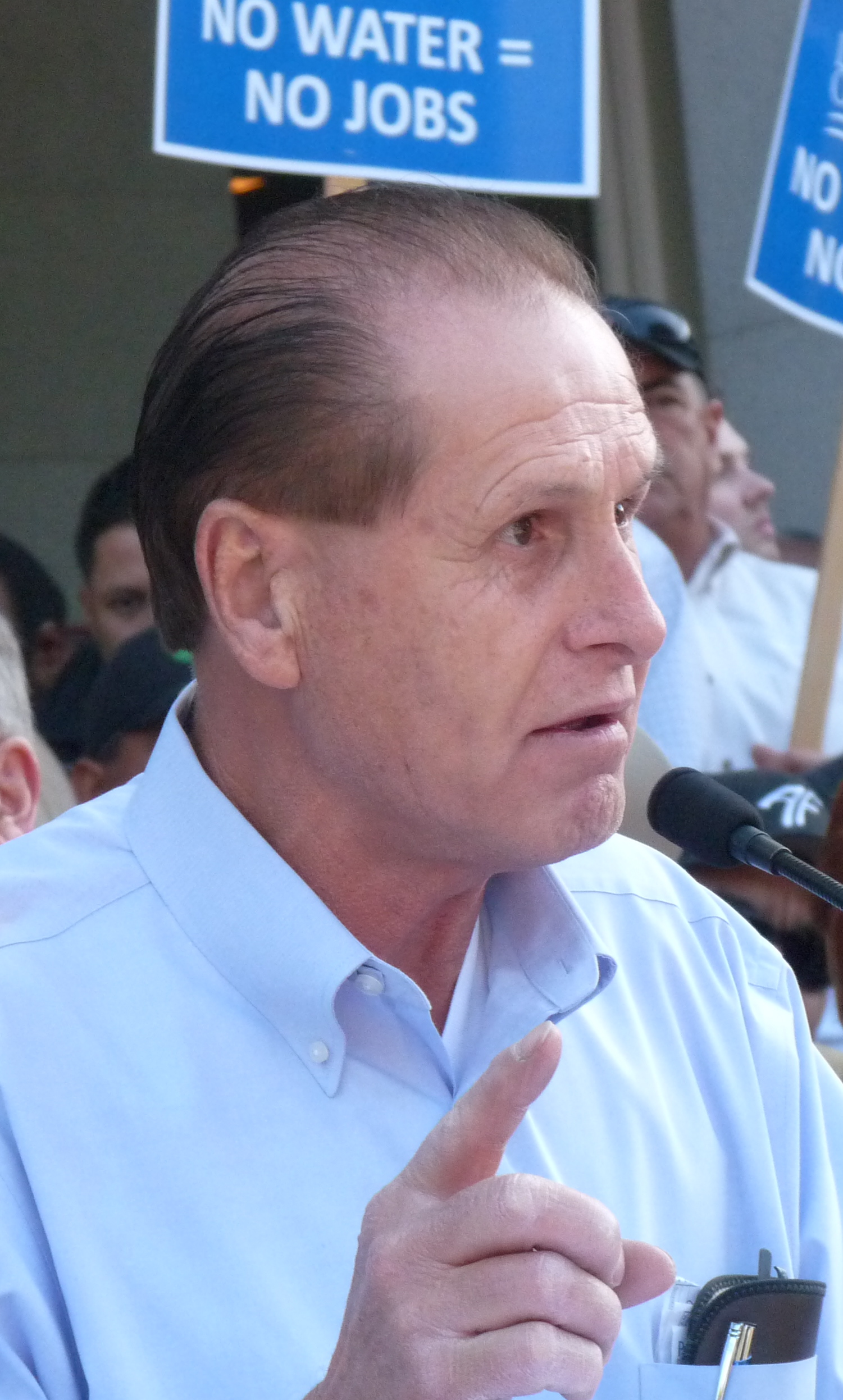Farmworkers Need Vaccine Now!
Nisei Farmers League Implores Quick Action For Front Line Workers
Manuel Cunha, Jr., President of Nisei Farmers League recently expressed his disappointment in the lack of COVID-19 vaccine that has been made available to our frontline essential farmworkers. (namely Pfizer-BioNTech and Moderna COVID-19 vaccines)
“There are approximately 629,000 agricultural workers in California that not only feed the United States but also feed the world.”
Mr. Cunha stressed the importance of the recommended 2 doses of the vaccine being made available before May and the summer months when it becomes very difficult for the employer to be without the workers for several days and the worker will not want to take time off to take the vaccine.
Cunha stated “These workers go to the fields, packing houses and processing plants every day and should be given some priority. Farmworkers and farmers do deserve this protection. They have kept us healthy and alive.” We are proud to work with private health clinics, such as United Health Centers and our counties.
We implore our Governor, Secretary of Agriculture, the State Department of Health, and our local counties to implement the recently announced “My Turn Program” and the “Vaccine Delivery Network” to get our farmworkers vaccinated by the promised start date of mid-February.


